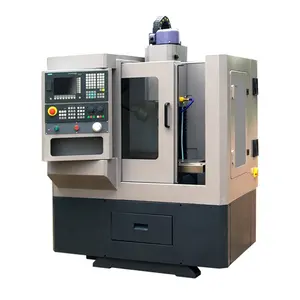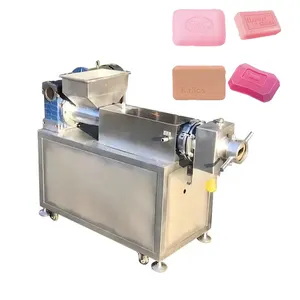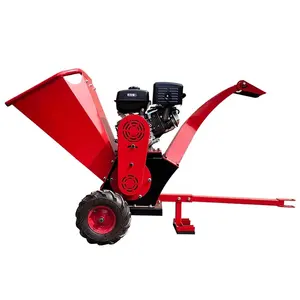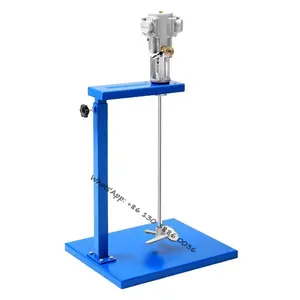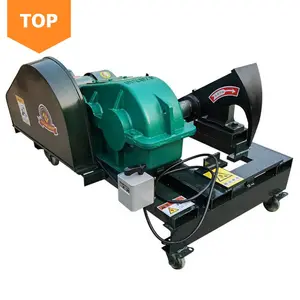Popular in your industry


















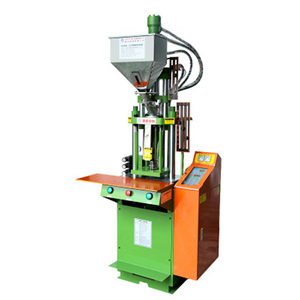





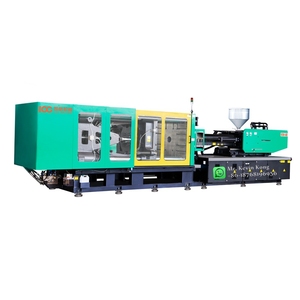















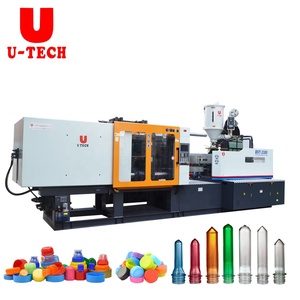
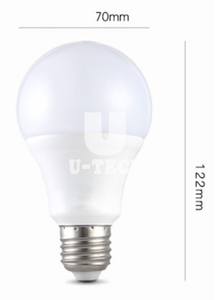




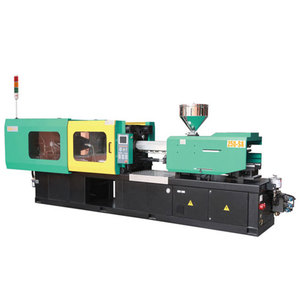











Top categories
About injection moulding machine 150 ton
Introduction to Injection Moulding Machine 150 Ton
An injection moulding machine 150 ton is a versatile industrial equipment used in the manufacturing process to create products by injecting molten material into a mould. This specific machine has a clamping force of 150 tons, making it suitable for a wide range of plastic injection moulding applications. The 150-ton capacity indicates the maximum force the machine can exert to keep the mould closed during the injection process.
Technical Specifications
When considering an injection moulding machine 150 ton, important technical specifications to look at include the injection unit, clamping unit, control system, and overall dimensions. The injection unit should have a high injection pressure capacity, typically above 200 MPa, and a shot weight range suitable for your production needs. The clamping unit's dimensions and force capacity are crucial for accommodating various sizes of moulds. Additionally, a user-friendly control system with advanced features enhances operational efficiency.
Design and Operation
The design of a 150 ton injection moulding machine is engineered for precision, speed, and reliability. These machines feature a robust frame to withstand high-pressure moulding processes and ensure stability during operation. The injection system is designed for accuracy in material delivery, while the clamping mechanism provides consistent force distribution for quality moulding. Advanced models may incorporate automation for enhanced productivity.
Advantages of 150 Ton Injection Moulding Machines
Investing in a 150 ton injection moulding machine offers several advantages for businesses. The higher clamping force allows for the production of larger and more complex parts with improved dimensional accuracy. These machines are versatile and can work with a variety of materials, including thermoplastics and elastomers. Additionally, the efficiency and speed of the injection process contribute to overall productivity.
Choosing the Right Machine
When selecting an injection moulding machine 150 ton for your operations, consider factors such as production volume, material requirements, mould size compatibility, and automation capabilities. Evaluate the machine's energy efficiency, maintenance requirements, and after-sales support offered by the manufacturer. Comparing multiple models and obtaining quotes can help in making an informed decision that aligns with your business needs.
Applications and Industries
The versatility of a 150 ton injection moulding machine makes it suitable for various industries, including automotive, packaging, consumer goods, and electronics. Common applications include producing automotive parts, containers, caps, and electrical components. These machines are integral to mass production processes where precision and consistency are paramount.
Maintenance and Care
To ensure optimal performance and longevity of your injection moulding machine 150 ton, regular maintenance is essential. This includes cleaning, lubrication, inspection of components, and calibration of systems. Proper care can prevent downtime, maintain product quality, and extend the machine's lifespan. Following the manufacturer's guidelines for maintenance is crucial.
Cost Considerations and Pricing
Factors that influence the pricing of a 150 ton injection moulding machine include its brand, technical specifications, production capacity, and additional features such as automation and energy efficiency. Comparing prices from different suppliers and considering long-term operational costs can help in making a cost-effective investment. Be sure to inquire about warranties, spare parts availability, and training options when discussing pricing with suppliers.
Future Trends and Innovations
As the manufacturing industry evolves, advancements in 150 ton injection moulding machines continue to emerge. Innovations in materials, automation, and digital integration are shaping the future of injection moulding technology. Industry 4.0 concepts such as predictive maintenance, real-time monitoring, and data analytics are being incorporated into modern machines to improve efficiency and productivity.
Conclusion
In summary, an injection moulding machine 150 ton is a valuable asset for businesses seeking efficient and precise plastic injection moulding capabilities. Understanding the technical specifications, design features, advantages, and maintenance requirements of these machines is essential for making informed purchasing decisions. By staying informed about industry trends and innovations, businesses can leverage the full potential of 150 ton injection moulding machines in their manufacturing processes.
